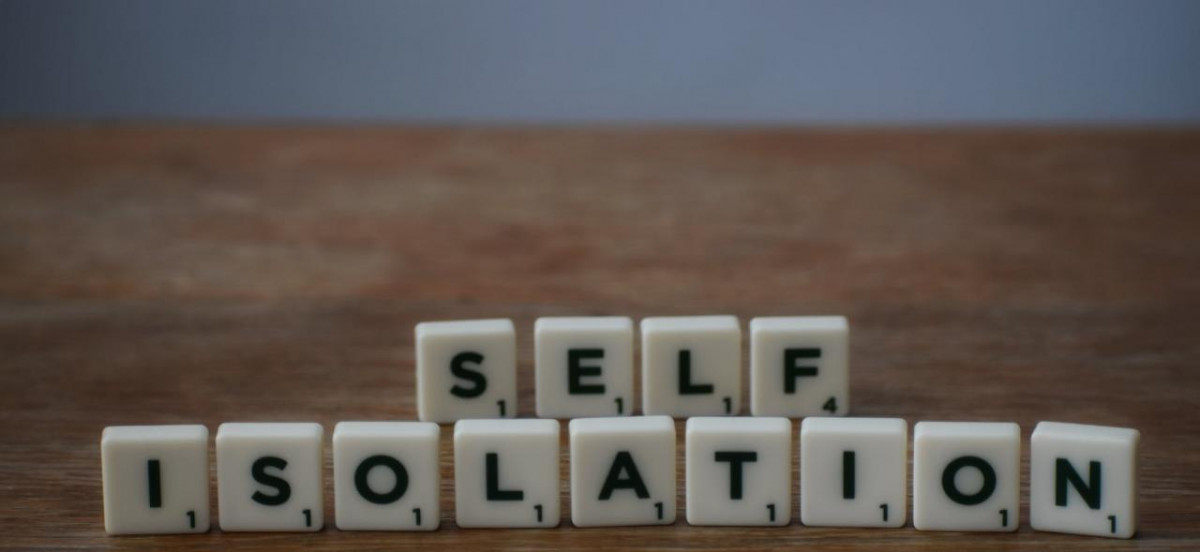Blog / Group
Self Isolation Tips and How to treat COVID-19 Symptoms while
Cases of COVID-19 in Kenya and across the world are on the surge again. Globally 55.6M positive cases have been reported with 35.8M recoveries and 1.34M deaths respectively.

Cases of COVID-19 in Kenya and across the world are on the surge again. Globally 55.6M positive cases have been reported with 35.8M recoveries and 1.34M deaths respectively. In Kenya alone as at 17th November 2020,71,729 positive cases out of the 798,585 cumulative tests conducted in the country since March have been reported so far with 47,262 recoveries and 1,302 deaths.
Read also on GA COVID-19 Benefit Cover
As at 17th November 2020, over 6,257 Kenyans were on Home Based Isolation and Care as per the Health Cabinet Secretary.
As per WHO, Self-isolation can be defined as when you do not leave your home because you have or might have coronavirus (COVID-19). This helps to stop the virus from spreading to other people.
When should one self-isolate?
One should self-isolate immediately if:
- There is any symptom of coronavirus (a high temperature, a new, continuous cough or loss or change to your sense of smell or taste).
- You have tested positive for coronavirus.
- You live with someone who has symptoms or has tested positive.
- You are told to self-isolate by the Ministry of Health disease surveillance team as part of contact tracing.
- You arrive in the Kenya from a country with a high coronavirus risk
Tips on How to Self-isolate;
You must not leave your home if you are self-isolating.
- Do not go to work, school or public places – you may work from home.
- Do not go on public transport or use taxis.
- Do not go out to get food and medicine – order it online or by phone, or ask someone to bring it to your home.
- Do not have visitors in your home, including friends and family – except for people providing essential care.
- Do not go out to exercise – exercise at home or in your garden.
How long to self-isolate
If you have symptoms or have tested positive for coronavirus, you’ll usually need to self-isolate for at least 10 days.
You’ll need to self-isolate for 14 days if:
- Someone you live with has symptoms or has tested positive.
- Someone in your support family has symptoms or has tested positive.
- You’ve been told to self-isolate by ministry of health disease surveillance contact tracing.
How to treat Cases of COVID-19 in Kenya symptoms while at Home
There is currently no specific treatment for coronavirus (COVID-19), but you can often ease the symptoms at home until you recover.
Treating a cough
If you have a cough, it’s best to avoid lying on your back. Lie on your side or sit upright instead.
To help ease a cough, try having a teaspoon of honey. But do not give honey to babies under 12 months.
If this does not help, you could contact a licenced medical practitioner for advice about cough treatments.
Treating a high temperature
If you have a high temperature, it can help to:
- Get lots of rest
- Drink plenty of fluids (water is best) to avoid dehydration – drink enough so your urine is light yellow and clear
- Take paracetamol or ibuprofen if you feel uncomfortable.
Things to try if you’re feeling breathless
If you’re feeling breathless, it can help to keep your room cool.
Try turning the heating down or opening a window. Do not use a fan as it may spread the virus.
You could also try:
- Breathing slowly in through your nose and out through your mouth, with your lips together like you’re gently blowing out a candle
- Sitting upright in a chair
- Relaxing your shoulders, so you’re not hunched
- Leaning forward slightly – support yourself by putting your hands on your knees or on something stable like a chair.
For any other symptom or not sure of what to do, kindly contact your healthcare provider or DIAL 719
Disclaimer;
The opinions expressed in this publication are those of the author. The full information of the cover is contained in the policy document. The designations employed in this publication and the presentation of material therein do not imply the expression of any opinion whatsoever on the part of GA Insurance concerning the legal status of any country, area or territory or of its authorities, or concerning the delimitation of its frontiers.


